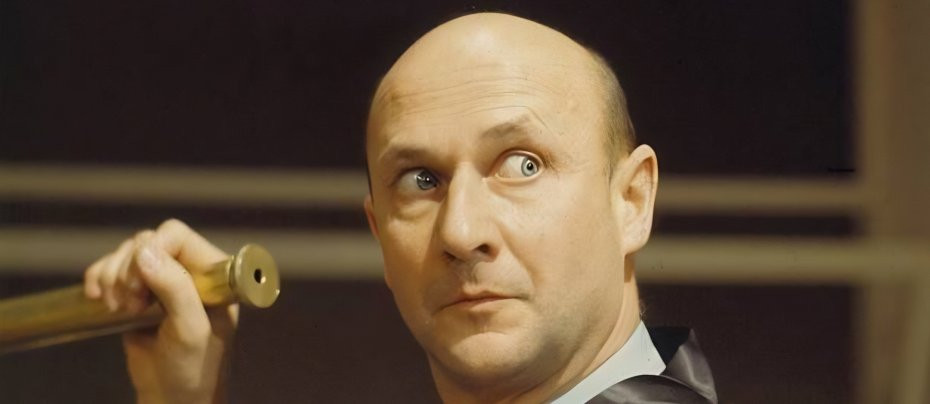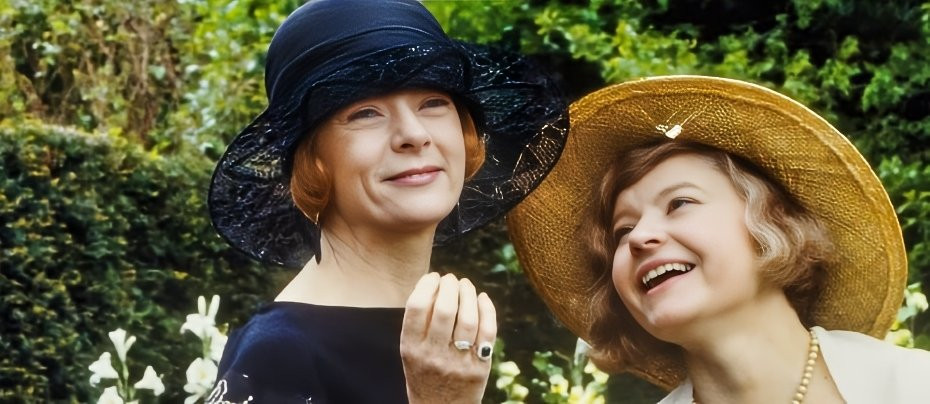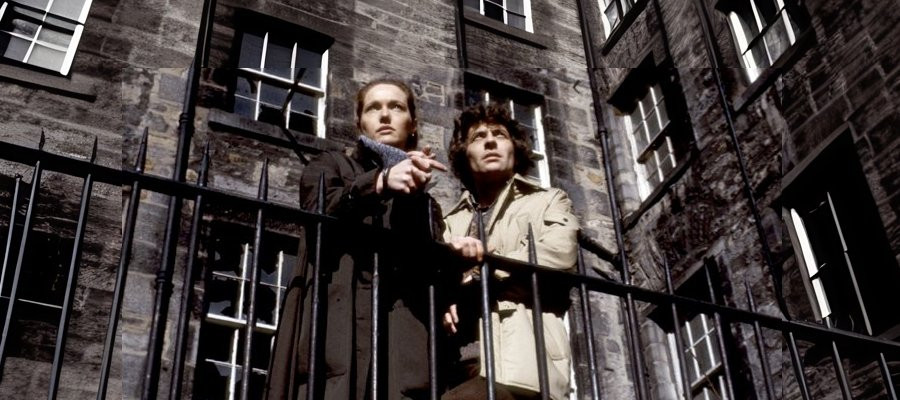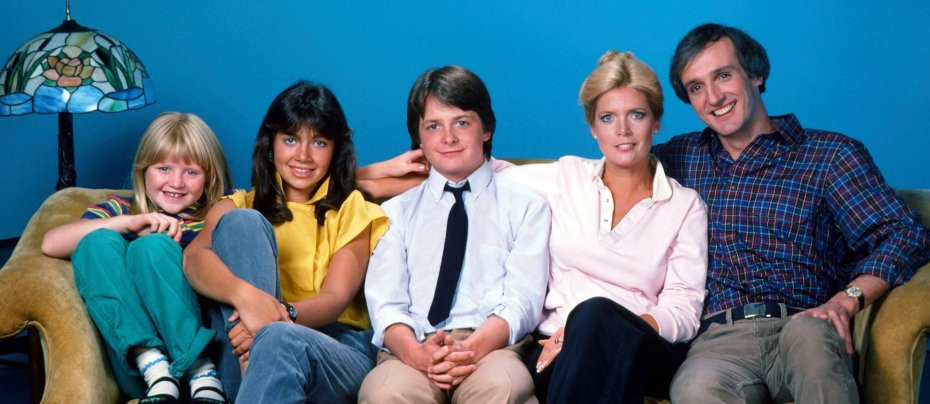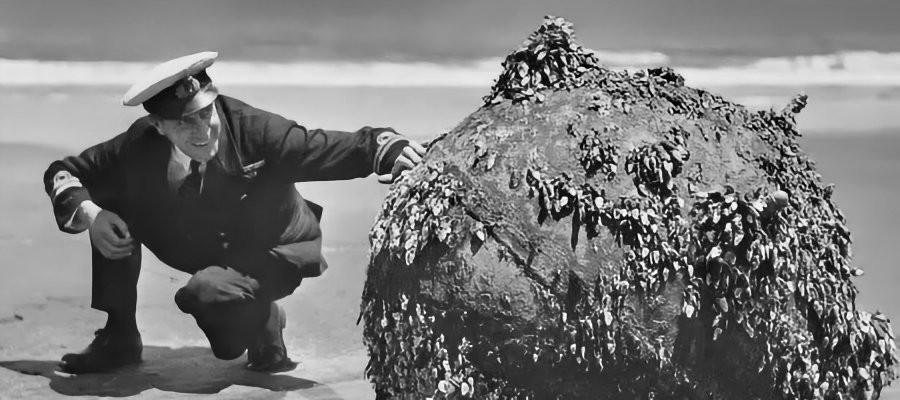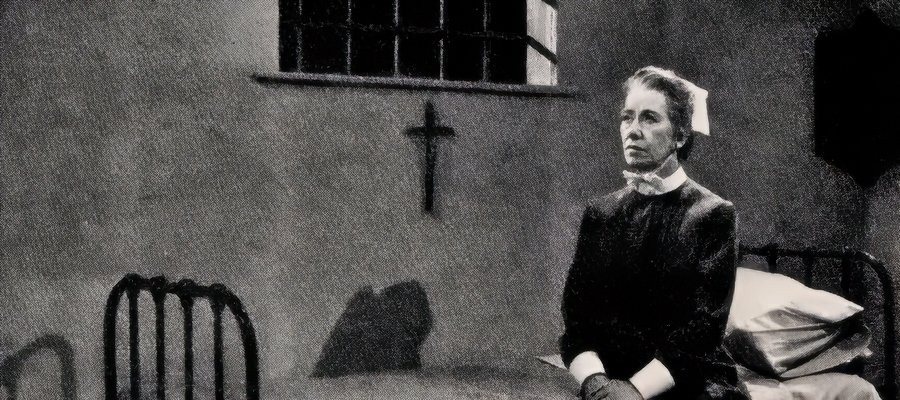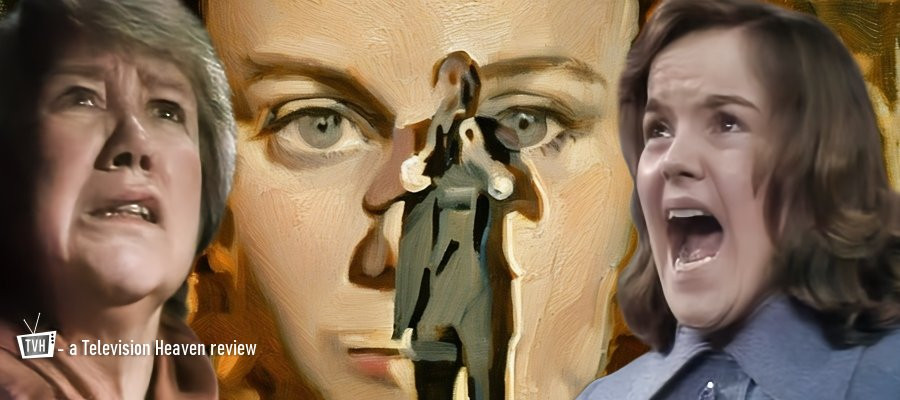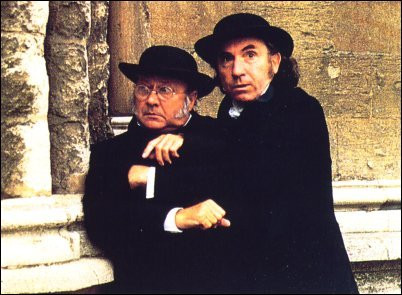
The Barchester Chronicles
1982 - United KingdomThis first-rate costume satire from the BBC was an adaptation of Anthony Trollope's first two tales of fictional Barsetshire, and a quiet Victorian city (Barchester) where Septimus Harding resides. He is the gentle and respected Warden of Hiram's Hospital, precentor to the Cathedral and a close friend of the Bishop, who soon becomes the central figure in a national scandal.
Anthony Trollope worked as a Post Office Inspector when he began writing his earliest novels, occasionally dipping into the "lost-letter" box for ideas. He left the Post Office in 1867, and after failing in a bid for election to Parliament as a Liberal candidate in 1868, he concentrated entirely on his literary career. Some people say that he was notoriously incompetent whilst others hail him as the genius who invented the red pillar box, but whatever the truth he was sent to Salisbury to inspect the mail delivery service when he got the idea for his first successful novel 'The Warden' -the first of six novels set in Barsetshire and often collectively referred to as the 'Chronicles of Barsetshire'. These usually dealt with the clergy and in 1855 this was something of a newsworthy story.
The Charitable Trusts Act was on the verge of being passed following years of investigation by inspectors from the Charity Commission into the running of almshouses, universities and public schools. This is the basis of 'The Warden'. Hiram's Hospital is an almshouse supported by the income from a medieval charitable bequest. The income maintains the almshouse itself and supports its twelve bedesmen to the tune of 1s 4d a day in addition to providing a comfortable lifestyle for its warden. Mr Harding (played by Donald Pleasence) has been appointed to this position through the patronage of his old friend the Bishop of Barchester (Cyril Luckham), who is also the father of Archdeacon Grantly (Nigel Hawthorne) to whom Harding's older daughter, Susan, is married. The warden, who lives with his remaining child, an unmarried younger daughter Eleanor (Janet Maw), performs his duties conscientiously.
The value of the property has risen over the centuries and so the Warden is now receiving a tidy income for doing very little and it's to this situation that a zealous young reformer, John Bold (David Gwillim), arrives and immediately launches a campaign to expose the disparity in the apportionment of the charity's income between the bedesmen and its officer. John Bold embarks on this campaign out of a spirit of public duty despite his romantic involvement with Eleanor and enlists the support of the national press. 'The Jupiter' (a newspaper representing 'The Times') whose editor, Tom Towers (George Costigan), pens editorials supporting reform of the charity then presents a portrait of Mr Harding as being selfish and derelict in his conduct of his office.
Mr Harding is supported by his son-in-law the uncompromising Archdeacon Grantly who firmly believes that he runs the cathedral and therefore the city and to hell with public opinion! However, Mr Harding concludes that he cannot in good conscience continue to accept such generous remuneration and resigns the office. Matters are confused even further when John Bold falls in love with Eleanor Harding and appeals in vain to Tom Towers to redress the injury to Mr Harding. He fails and returns to Barchester where he marries Eleanor.
The story takes a new turn upon the death of the Bishop (following the storyline of Trollope's next novel, 'Barchester Towers') and the arrival of the timid Dr Proudie (Clive Swift) who takes up the vacant post. He is accompanied by his manipulative wife (played by Geraldine McEwan) who brings further unrest by installing a parson, Mr Quiverful (Jonathan Adams) as the new warden of the hospital. The whole situation is exacerbated further with the arrival of the oily, womanising chaplain, Obadiah Slope (Alan Rickman in his first starring role), who finds that his sermons attract the females of Barchester, something he does nothing to discourage.
Adapted by Alan Plater, 'The Barchester Chronicles' was originaly written with Arthur Lowe in mind as the battered and virtuous Mr Harding, but he died before the series went into production and Donald Pleasence took on the role, which gave him a chance to act alongside his real-life daughter, Angela Pleasence, as his screen daughter Susan. The 'Radio Times', 6-12 November 1982 contained a four-page article on the series prior to its launch on Wednesday 10th and in particular picked out newcomer Alan Rickman as a 'first rate comic villain'.
The Barchester Chronicles was described by award winning Canadian critic Rick Groen as 'A deliciously satiric look at the ecclesiastic community in all its English glory-a rigid hierarchy of relics sacred and human, of scheming chaplains and bilious bishops and not-so-venerable bedesmen.' Alan Plater described it another way: "The Barchester clergy are like the Borgias without murdering anybody." The series was nominated for 6 BAFTA Awards and in the USA it was screened on PBS as part of Masterpiece Theatre.
Seen this show? How do you rate it?
Seen this show? How do you rate it?
Published on November 28th, 2018. Written by Laurence Marcus (2006) for Television Heaven.


